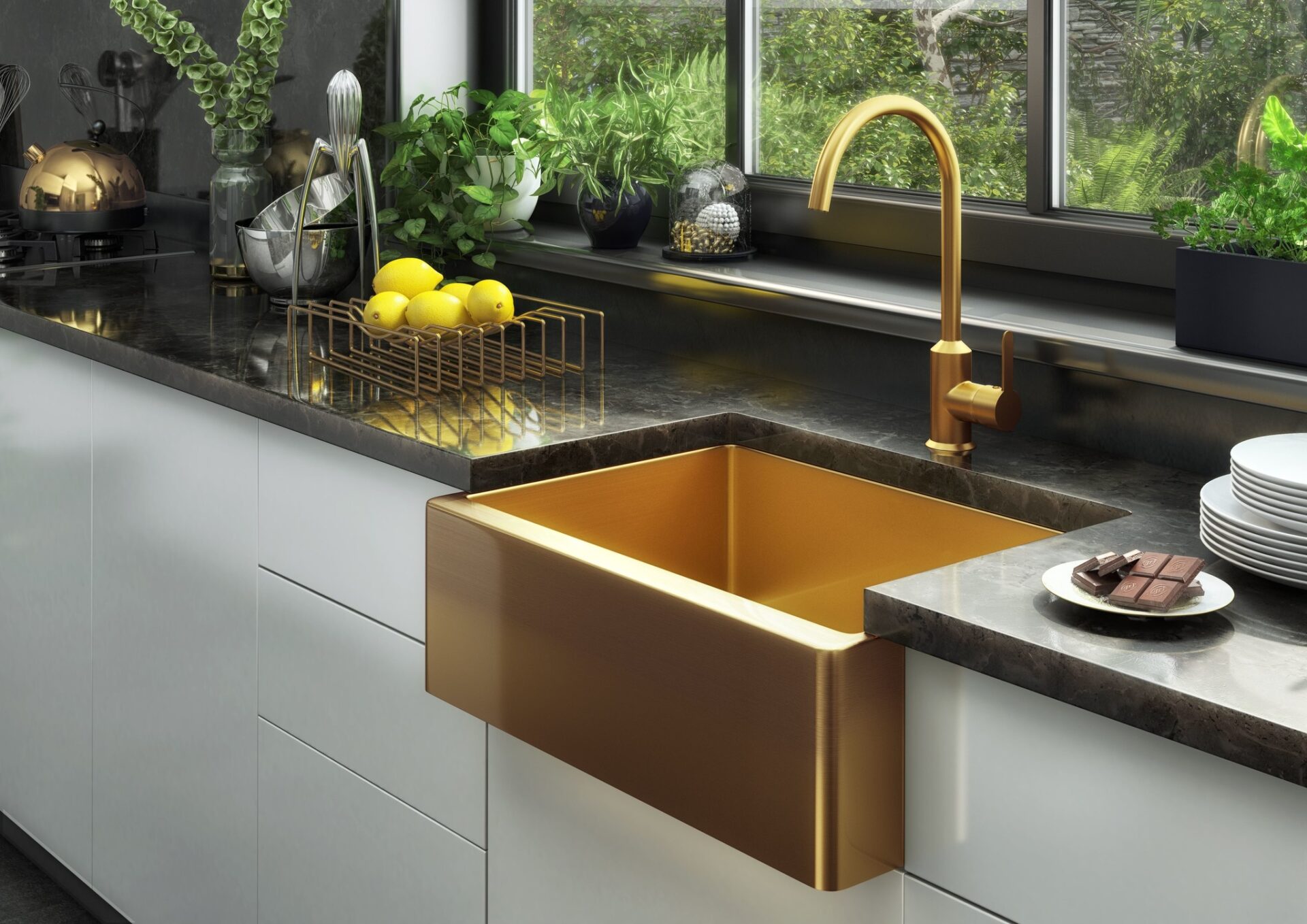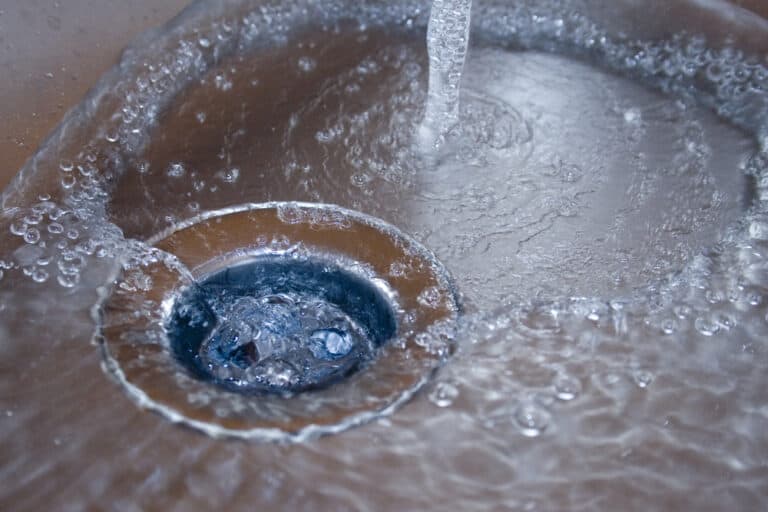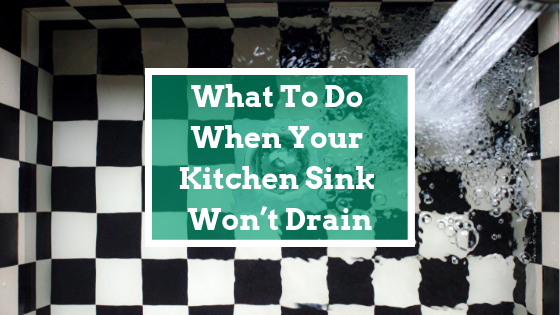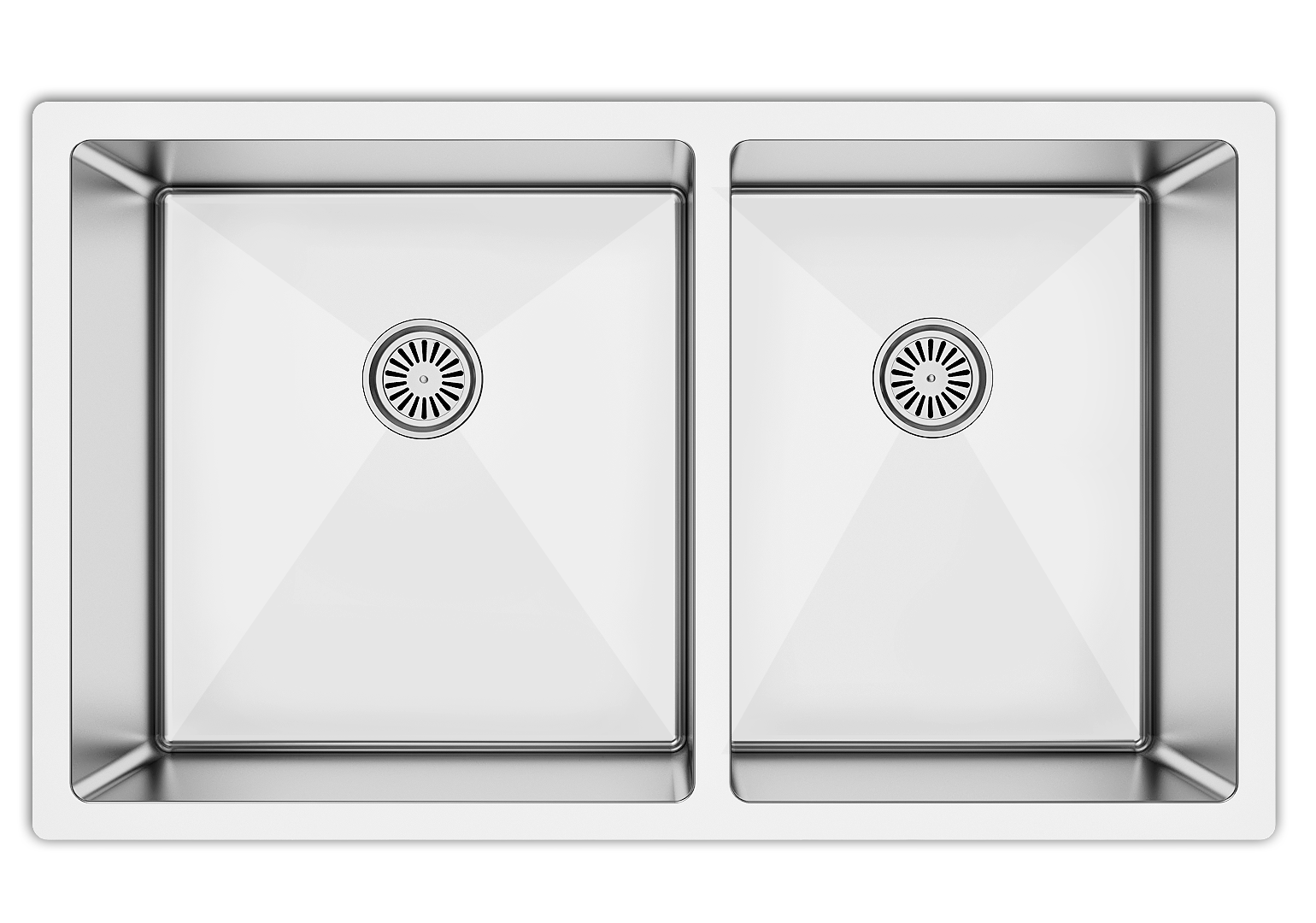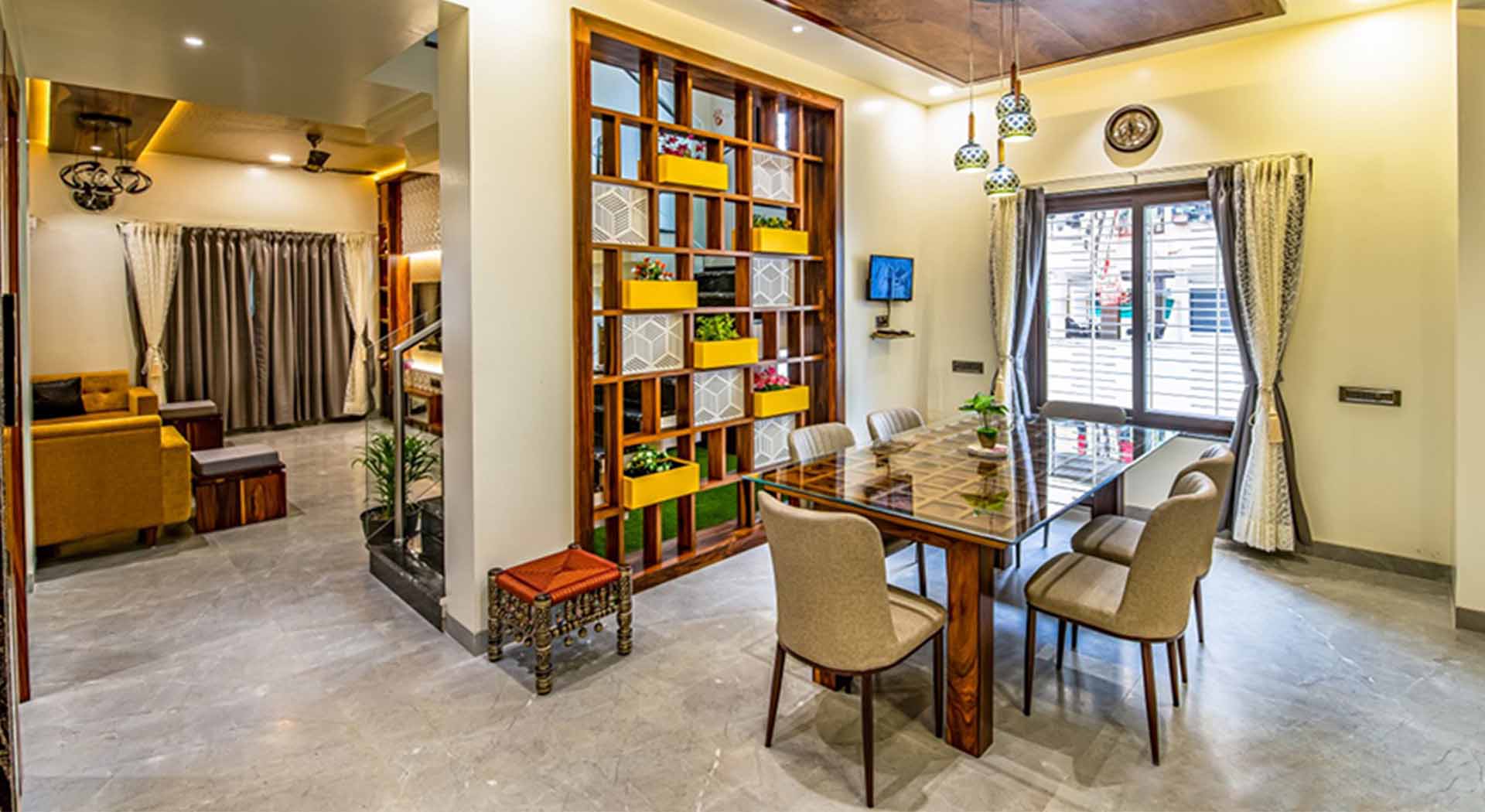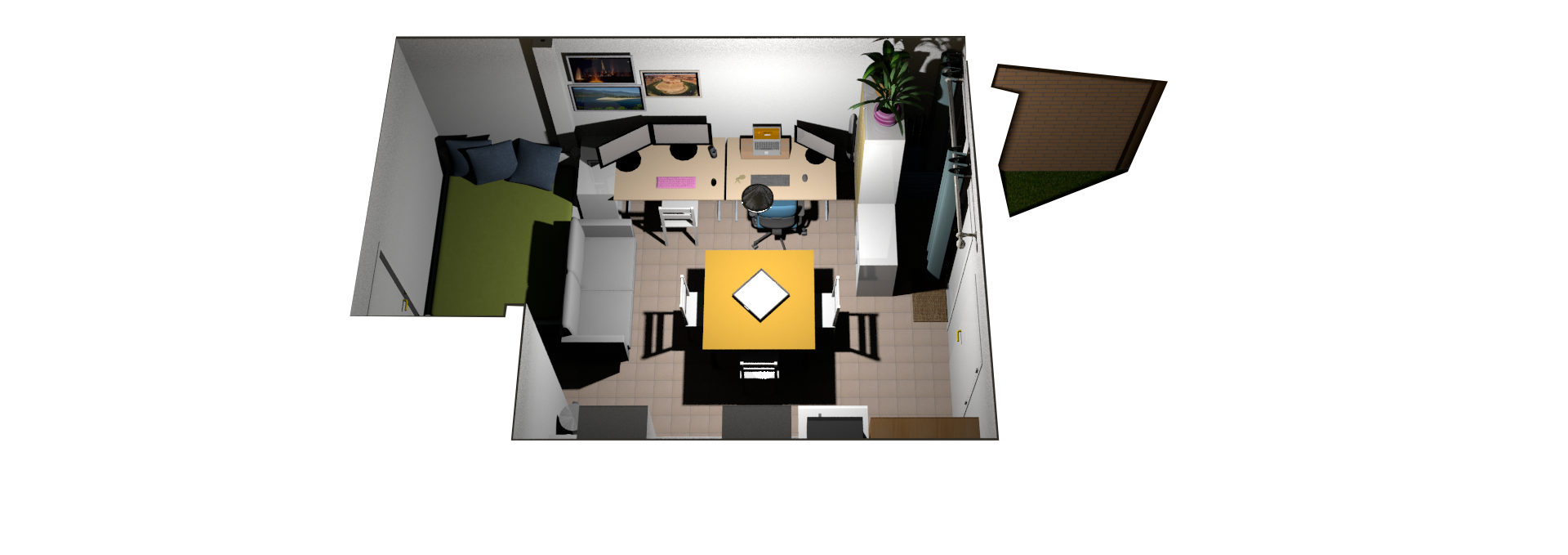A clogged kitchen sink drain can be a major inconvenience, but luckily, there are ways to unclog it without having to call a plumber. With a few household items and a little bit of elbow grease, you can have your kitchen sink draining smoothly again in no time. First, try using a plunger to clear the clog. Fill the sink with a few inches of water and place the plunger over the drain. Pump the plunger up and down several times to create suction and dislodge the clog. This method works best for clogs caused by food or grease buildup. If the plunger doesn't work, try using a drain snake. Insert the snake into the drain and twist it to break up the clog. Then, pull the snake out and run hot water down the drain to flush out any remaining debris. Another DIY method for unclogging a kitchen sink drain is using a mixture of baking soda and vinegar. Pour ½ cup of baking soda down the drain, followed by 1 cup of vinegar. Let the mixture sit for 15 minutes, then pour boiling water down the drain to flush out the clog. For tougher clogs, you may need to use a chemical drain cleaner. Be sure to follow the instructions carefully and use caution when handling these products. If the clog still persists, it may be time to call a professional plumber.Unclog a Kitchen Sink Drain
A clogged kitchen sink drain is not only a nuisance, but it can also cause damage to your pipes if left untreated. If you're experiencing a clog in your kitchen sink, here are some steps you can take to fix it. The first step is to remove any standing water in the sink. Use a cup or bucket to scoop out the water and dispose of it. Next, remove the drain stopper and clean it thoroughly to remove any debris that may be causing the clog. If the clog is located near the drain opening, you may be able to remove it using a pair of pliers or tweezers. Simply reach in and pull out any visible debris. For clogs further down the drain, try using a plunger or a drain snake as mentioned in the previous section. If none of these methods work, you may need to disassemble the pipes under the sink to locate and remove the clog. This can be a messy and time-consuming process, so it's best to call a professional plumber if you're not comfortable doing it yourself.How to Fix a Clogged Kitchen Sink Drain
A malfunctioning kitchen sink drain can cause a lot of frustration, but before you call a plumber, there are some DIY repairs you can try. Here are a few common kitchen sink drain issues and how to fix them. If your kitchen sink drain is not draining, it may be due to a clog. Try using a plunger, drain snake, or a mixture of baking soda and vinegar to clear the clog as mentioned earlier. If the clog is too deep or stubborn, you may need to call a professional. For a leaky kitchen sink drain, you'll need to replace the gasket or, in some cases, the entire drain assembly. Make sure to turn off the water supply and follow the manufacturer's instructions for proper installation. If your kitchen sink drain is slow to drain, it could be due to a buildup of food, grease, or other debris. Using a plunger or drain snake can help break up and remove the buildup. Regularly cleaning your drain can also prevent this issue from occurring in the future.DIY Kitchen Sink Drain Repair
A kitchen sink drain that is not draining is a common problem that can be caused by various factors. To fix this issue, you'll need to determine the root cause and take the appropriate steps to resolve it. If the clog is located near the drain opening, you can use a plunger or drain snake to remove it. However, if the clog is further down the drain, you may need to call a plumber to disassemble the pipes and remove the clog. Another possible cause of a kitchen sink drain not draining is a faulty drain stopper. Check to see if the stopper is working properly and replace it if necessary. If your kitchen sink drain is still not draining after trying these methods, it could be a sign of a more serious issue such as a damaged or collapsed pipe. In this case, it's best to call a professional plumber for assistance.Kitchen Sink Drain Not Draining
A kitchen sink drain clogged with food can be a common occurrence, especially in households with garbage disposals. To prevent this issue, it's important to properly dispose of food scraps and avoid putting items such as grease, coffee grounds, and eggshells down the drain. If your kitchen sink drain is already clogged with food, try using a plunger or drain snake to clear the clog. You can also use a mixture of baking soda and vinegar to break up the food particles and flush them out with hot water. Regularly cleaning your garbage disposal can also help prevent food buildup and clogs. You can use a mixture of ice cubes and rock salt to clean and sharpen the blades of your disposal, or try using lemon or orange peels to freshen up the smell.Kitchen Sink Drain Clogged with Food
A kitchen sink drain that is slow to drain can be a frustrating problem, but it's usually a sign of a clog or buildup in the pipes. Here are some steps you can take to fix this issue. First, try using a plunger or drain snake to break up and remove the clog. If that doesn't work, you can try using a mixture of baking soda and vinegar followed by hot water to dissolve and flush out the buildup. If the issue persists, it could be a sign of a more serious issue such as a damaged or collapsed pipe. In this case, it's best to call a professional plumber to assess and fix the problem.Kitchen Sink Drain Slow to Drain
A kitchen sink drain that is leaking can cause damage to your cabinets and floors if left untreated. To fix this issue, you'll need to determine the source of the leak and take the necessary steps to repair it. If the leak is coming from the drain itself, you can try tightening the connections to see if that stops the leak. If the leak is coming from the sink itself, you may need to replace the gasket or the entire drain assembly. In some cases, a leaking kitchen sink drain could be a sign of a larger plumbing issue. It's best to call a professional plumber to assess the situation and make any necessary repairs.Kitchen Sink Drain Leaking
A foul smell coming from your kitchen sink drain can be unpleasant and embarrassing, but luckily, it's usually an easy fix. The most common cause of a smelly drain is a buildup of food, grease, and other debris. To get rid of the smell, try using a mixture of baking soda and vinegar followed by hot water to clean and deodorize the drain. You can also try using lemon or orange peels to freshen up the smell. Regularly cleaning your kitchen sink drain can also prevent smelly buildup from occurring. In addition, make sure to properly dispose of food scraps and avoid putting items such as grease, coffee grounds, and eggshells down the drain.Kitchen Sink Drain Smells
If your kitchen sink drain is not working properly, it could be due to a variety of issues. Here are some common problems and how to fix them. For a clogged drain, try using a plunger, drain snake, or a mixture of baking soda and vinegar to clear the clog. If the issue persists, it could be a sign of a more serious problem such as a collapsed pipe. In this case, it's best to call a professional plumber. If your kitchen sink drain is leaking, check the connections and gasket to see if they need to be tightened or replaced. A smelly drain can be fixed by regularly cleaning and deodorizing the drain with baking soda and vinegar, as mentioned earlier.Kitchen Sink Drain Not Working Properly
A kitchen sink drain that won't drain can be a frustrating problem, but with a little bit of effort, you can fix it yourself. Here are some steps you can take to get your sink draining again. If the issue is a clog near the drain opening, you can try using a plunger or drain snake to remove it. For clogs further down the drain, you may need to disassemble the pipes and remove the clog. If the drain stopper is not working properly, it could be the cause of the issue. Check to see if the stopper needs to be adjusted or replaced. If none of these methods work, it could be a sign of a larger plumbing issue. In this case, it's best to call a professional plumber for assistance.Kitchen Sink Drain Won't Drain
Troubleshooting Common Issues with Your Kitchen Sink Drainer
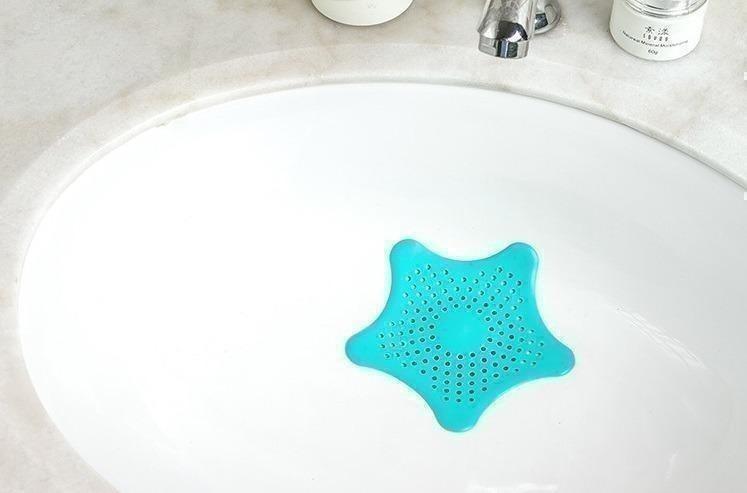
What is a Kitchen Sink Drainer?
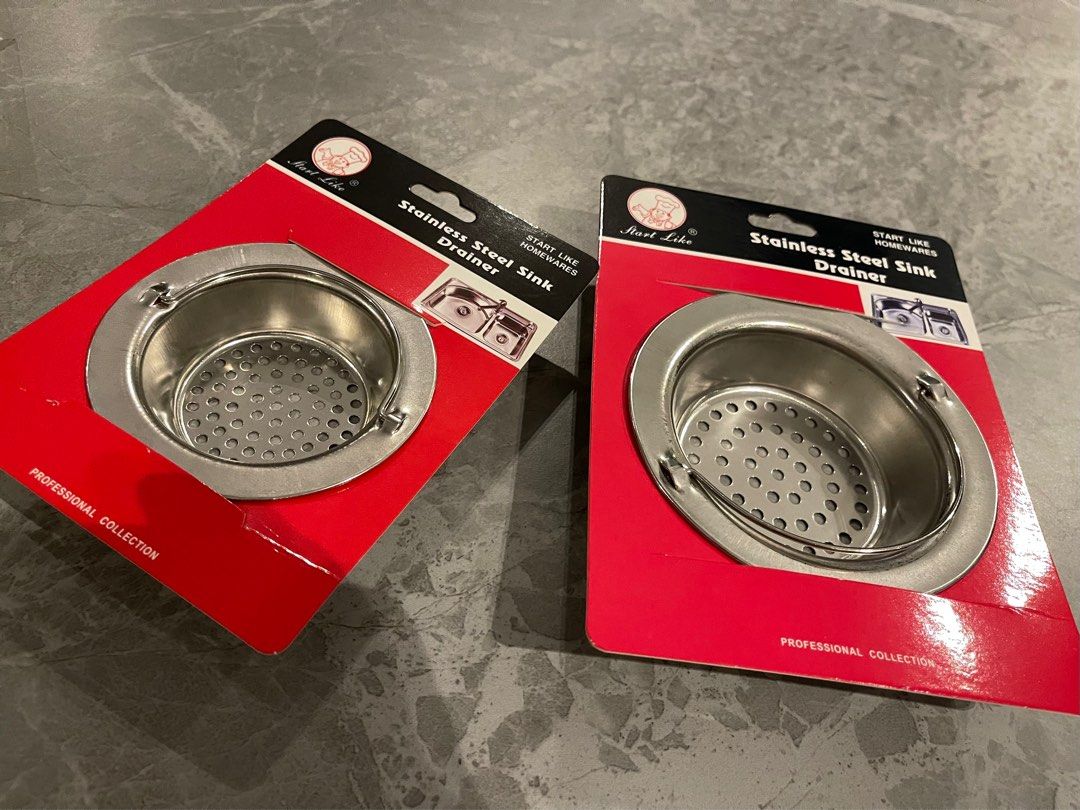 A kitchen sink drainer, also known as a sink strainer or sink filter, is an essential component of any sink. It is a small device that sits inside the sink hole and collects food particles, debris, and other solids to prevent them from clogging the drain. Without a functional drainer, your sink can quickly become clogged, causing a range of issues in your kitchen.
A kitchen sink drainer, also known as a sink strainer or sink filter, is an essential component of any sink. It is a small device that sits inside the sink hole and collects food particles, debris, and other solids to prevent them from clogging the drain. Without a functional drainer, your sink can quickly become clogged, causing a range of issues in your kitchen.
Reasons Why Your Kitchen Sink Drainer is Not Working
 There are several reasons why your kitchen sink drainer may not be working properly. Some of the most common issues include:
There are several reasons why your kitchen sink drainer may not be working properly. Some of the most common issues include:
- Clogged Drainer: Over time, food particles and debris can build up in your sink drainer, eventually causing it to clog. This can lead to slow drainage or even a complete blockage.
- Defective Drainer: If your drainer is not functioning correctly, it may be due to a defect in the device itself. This can happen if the drainer is old or made from low-quality materials.
- Incorrect Installation: Improper installation of your sink drainer can also cause it to malfunction. Make sure it is securely in place and that there are no gaps or leaks around the edges.
- Hard Water Buildup: If you have hard water, minerals and sediment can build up in your sink drainer over time, obstructing water flow and causing it to clog.
How to Fix a Non-Functioning Kitchen Sink Drainer
 If you are experiencing issues with your kitchen sink drainer, there are a few steps you can take to fix the problem. First, try removing any visible debris or buildup from the drainer. If this does not solve the issue, you may need to use a plunger or a plumbing snake to clear any clogs in the drain. If the problem persists, it may be time to replace your drainer with a new one.
If you are experiencing issues with your kitchen sink drainer, there are a few steps you can take to fix the problem. First, try removing any visible debris or buildup from the drainer. If this does not solve the issue, you may need to use a plunger or a plumbing snake to clear any clogs in the drain. If the problem persists, it may be time to replace your drainer with a new one.
Preventing Future Issues with Your Kitchen Sink Drainer
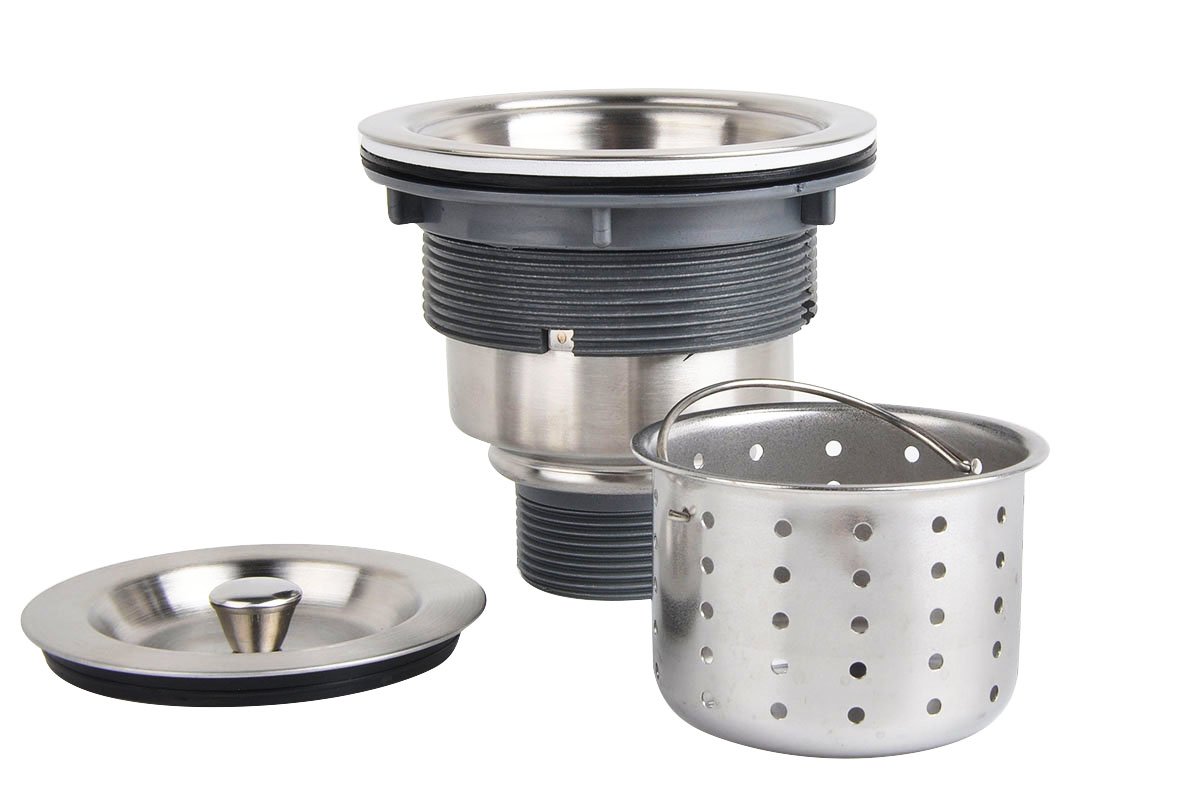 To prevent your kitchen sink drainer from malfunctioning in the future, there are a few simple steps you can take:
To prevent your kitchen sink drainer from malfunctioning in the future, there are a few simple steps you can take:
- Clean Your Drainer Regularly: Make sure to clean your sink drainer regularly to prevent any buildup of food particles and debris.
- Use a Drain Cover: A drain cover is a great way to prevent larger food particles from entering your sink and potentially causing clogs.
- Avoid Pouring Grease Down the Sink: Grease can solidify in your pipes and cause clogs, so it is best to dispose of it in a separate container instead of pouring it down the drain.
- Consider Installing a Water Softener: If you have hard water, installing a water softener can help prevent mineral buildup in your sink drainer and other plumbing fixtures.
Conclusion
 A non-functioning kitchen sink drainer can be a major inconvenience, but with the right knowledge and tools, it can easily be fixed. By understanding the common issues and taking preventative measures, you can keep your sink drainer working properly and avoid any future problems. Remember to consult a professional if the issue persists or if you are unsure of how to fix it yourself.
A non-functioning kitchen sink drainer can be a major inconvenience, but with the right knowledge and tools, it can easily be fixed. By understanding the common issues and taking preventative measures, you can keep your sink drainer working properly and avoid any future problems. Remember to consult a professional if the issue persists or if you are unsure of how to fix it yourself.




:max_bytes(150000):strip_icc()/freshen-and-unclog-drain-with-baking-soda-1900466-22-bbf940b70afa4d5abef0c54da23b1d3f.jpg)

:max_bytes(150000):strip_icc()/how-to-unclog-a-kitchen-sink-2718799_sketch_FINAL-8c5caa805a69493ab22dfb537c72a1b7.png)













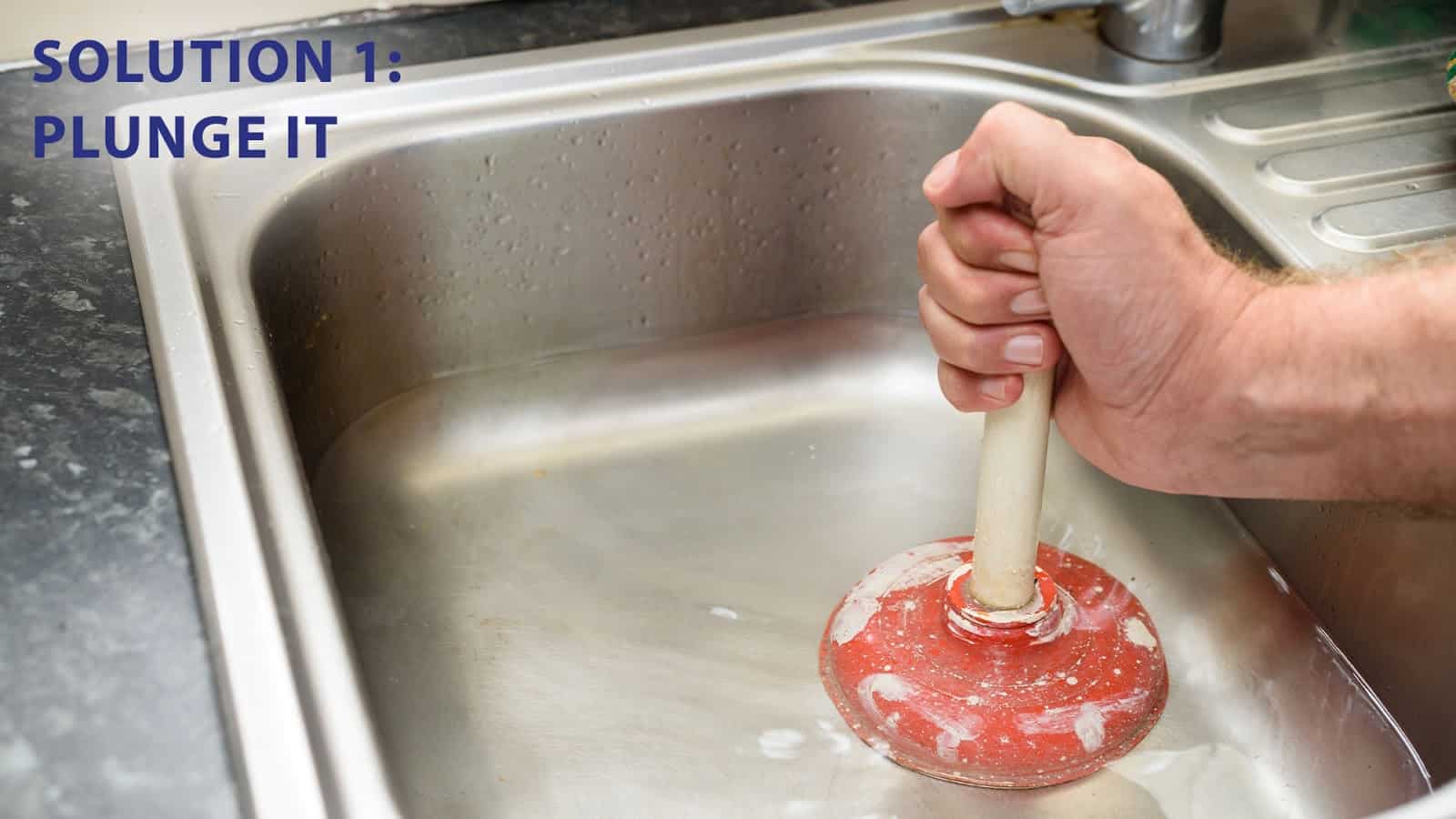


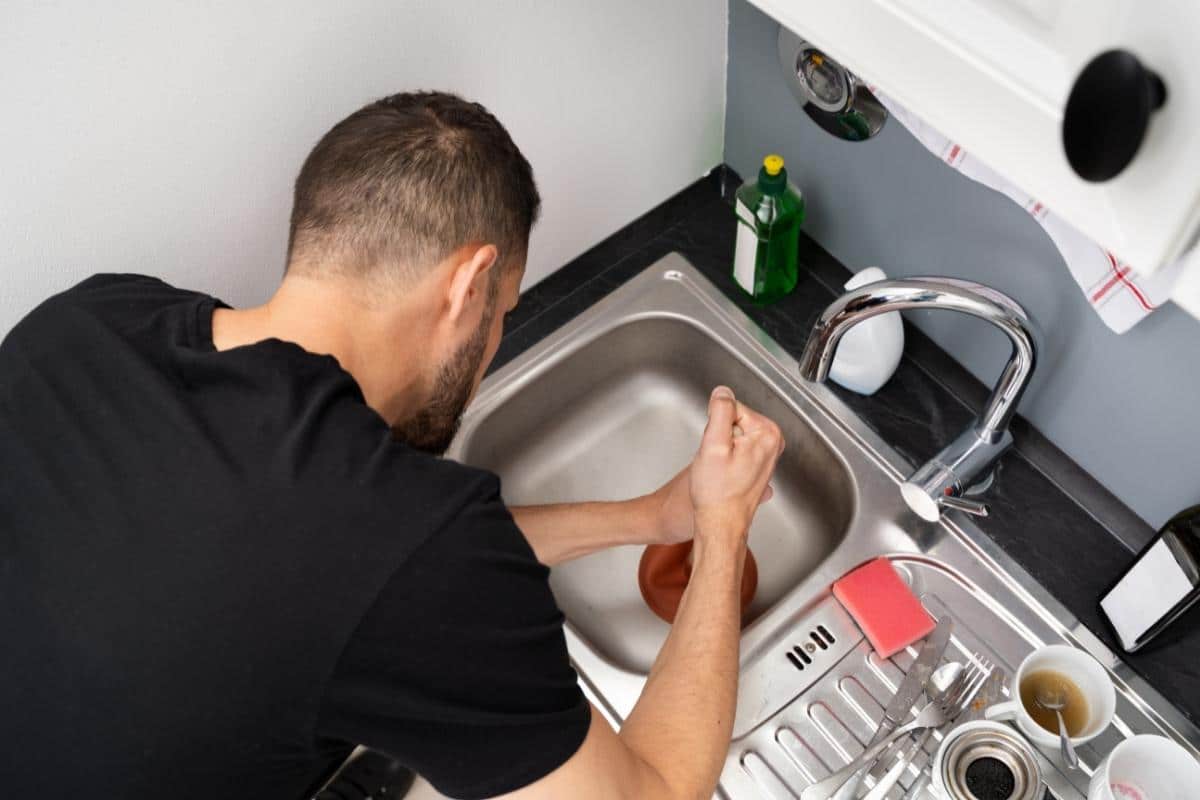



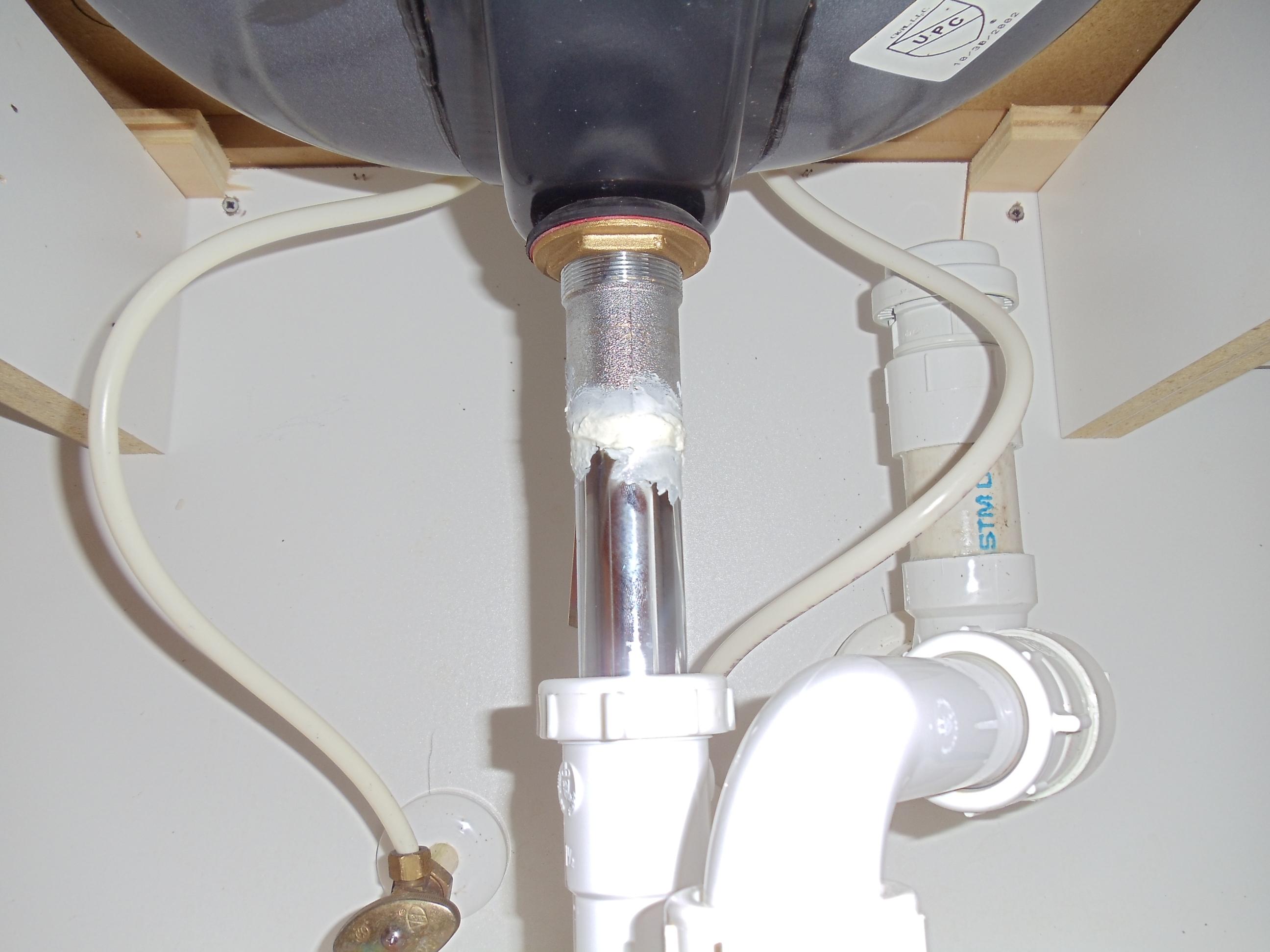










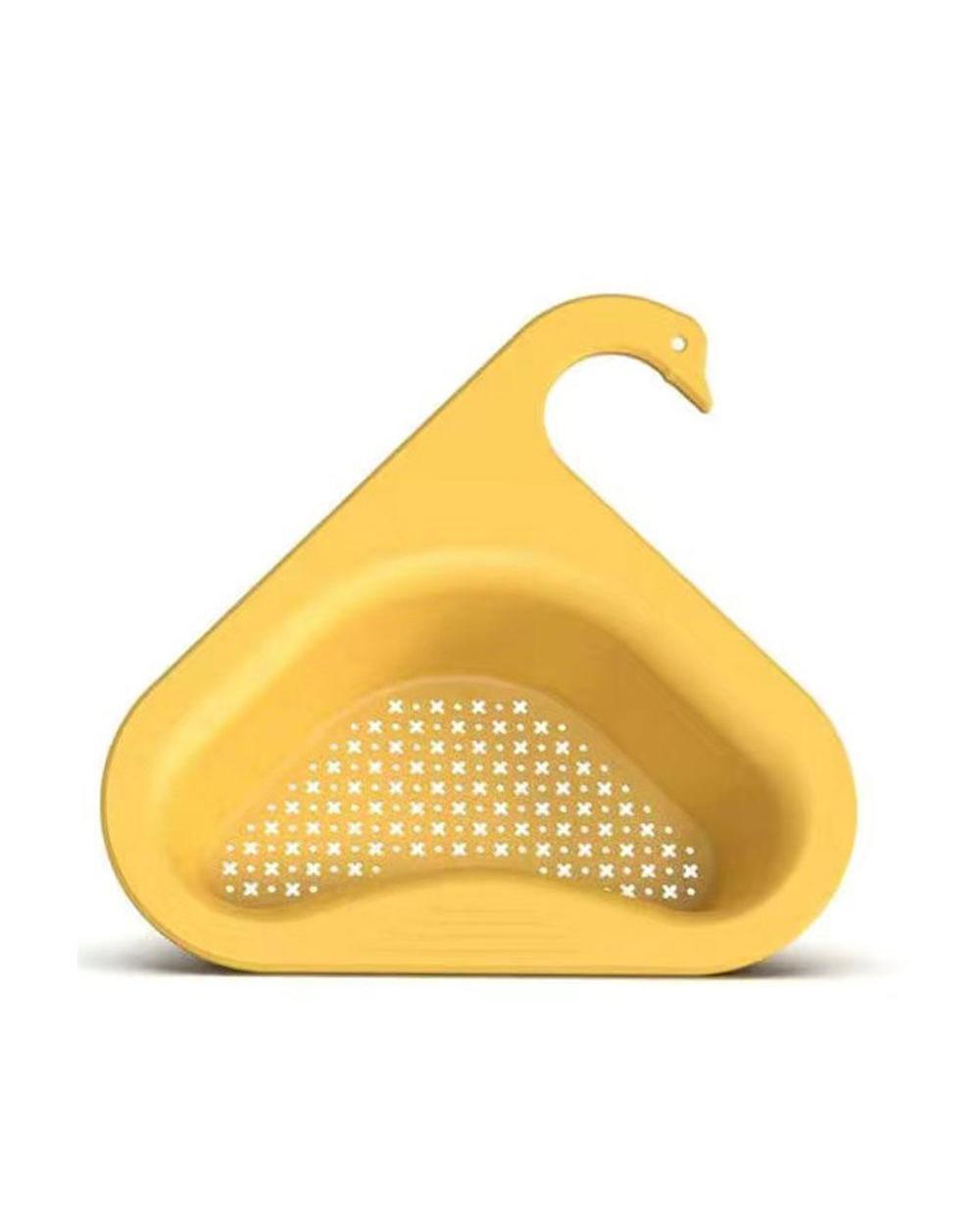

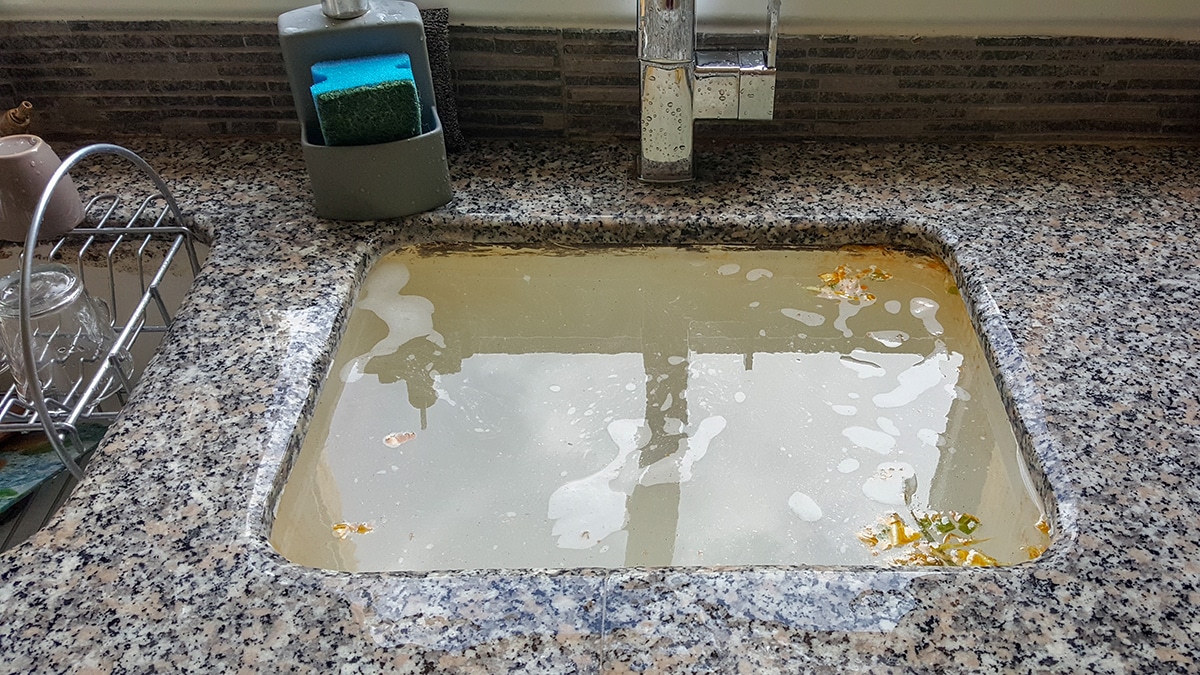

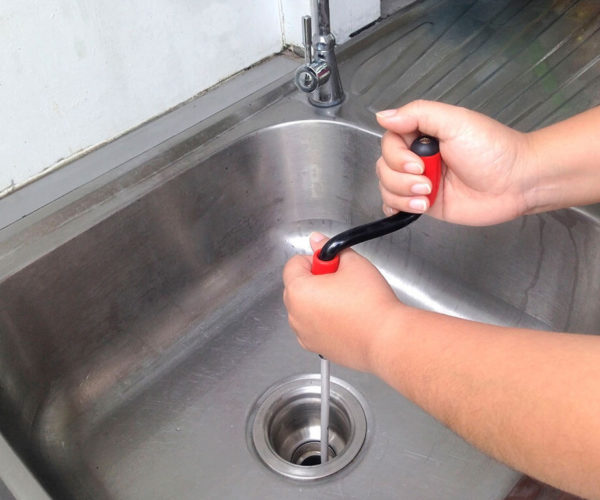
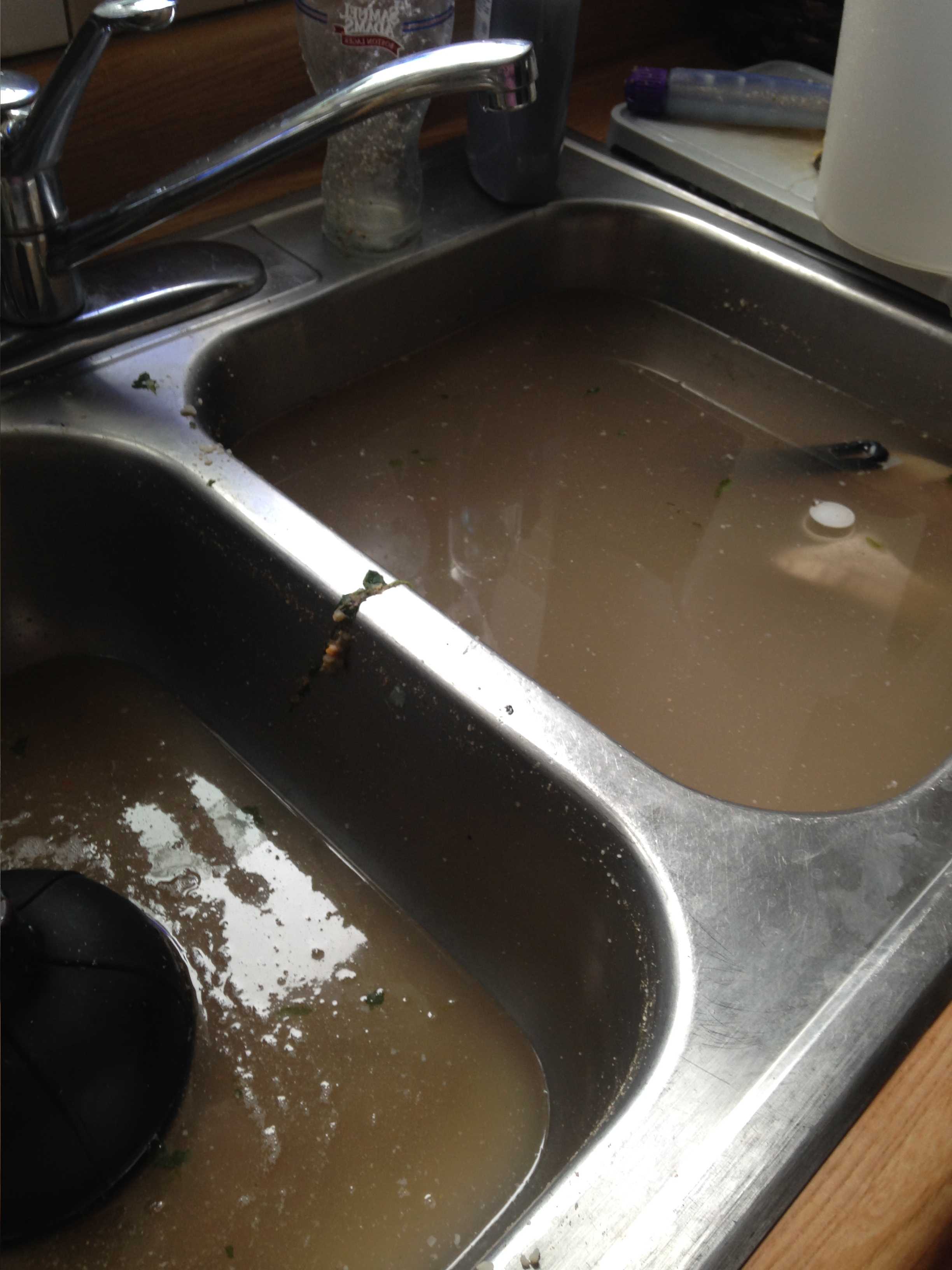





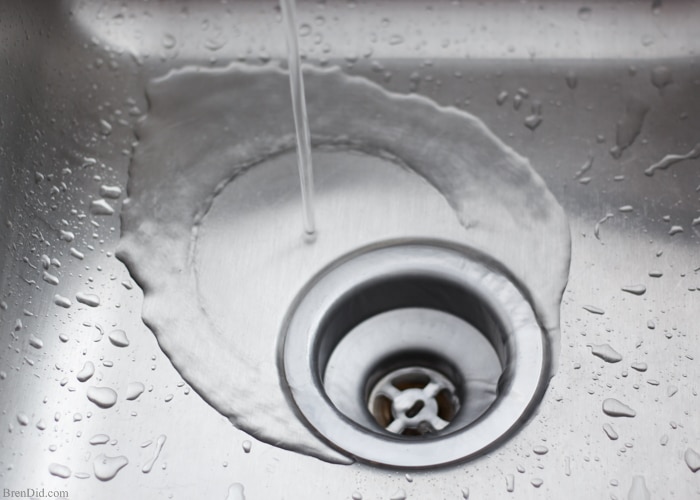
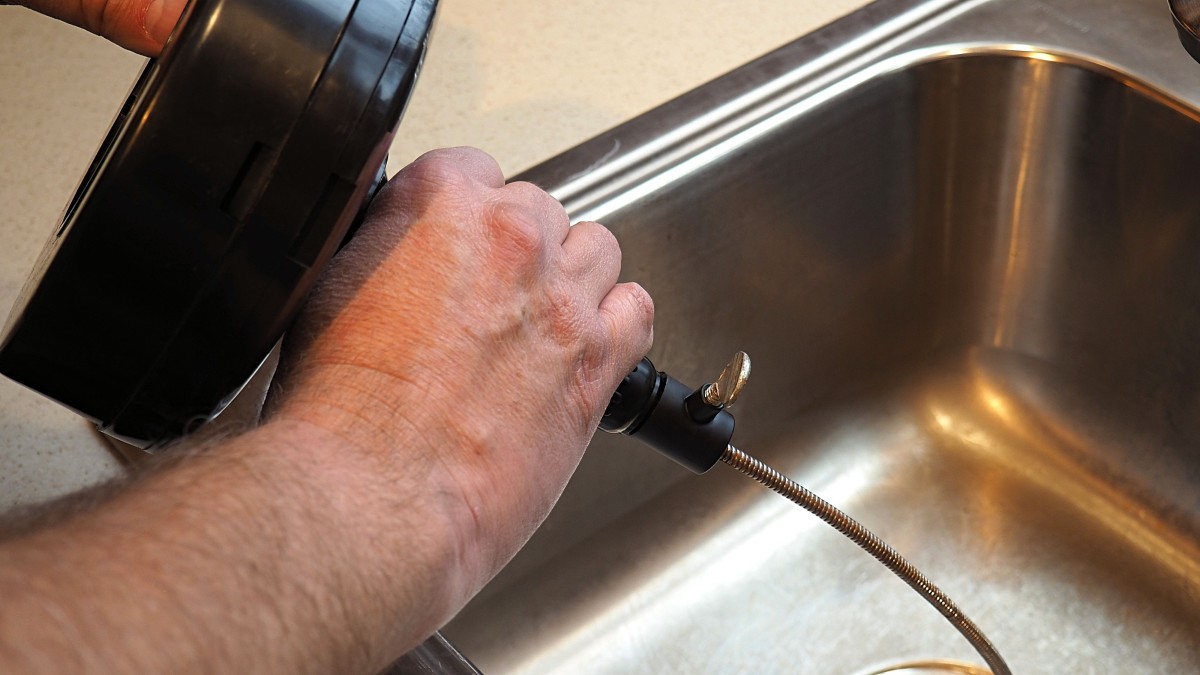


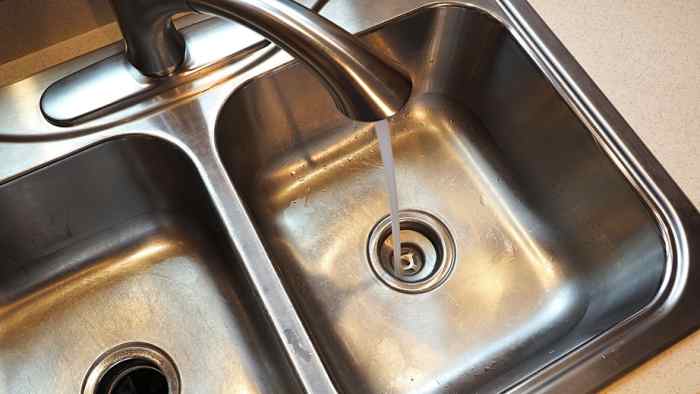





:max_bytes(150000):strip_icc()/how-to-install-a-sink-drain-2718789-hero-24e898006ed94c9593a2a268b57989a3.jpg)


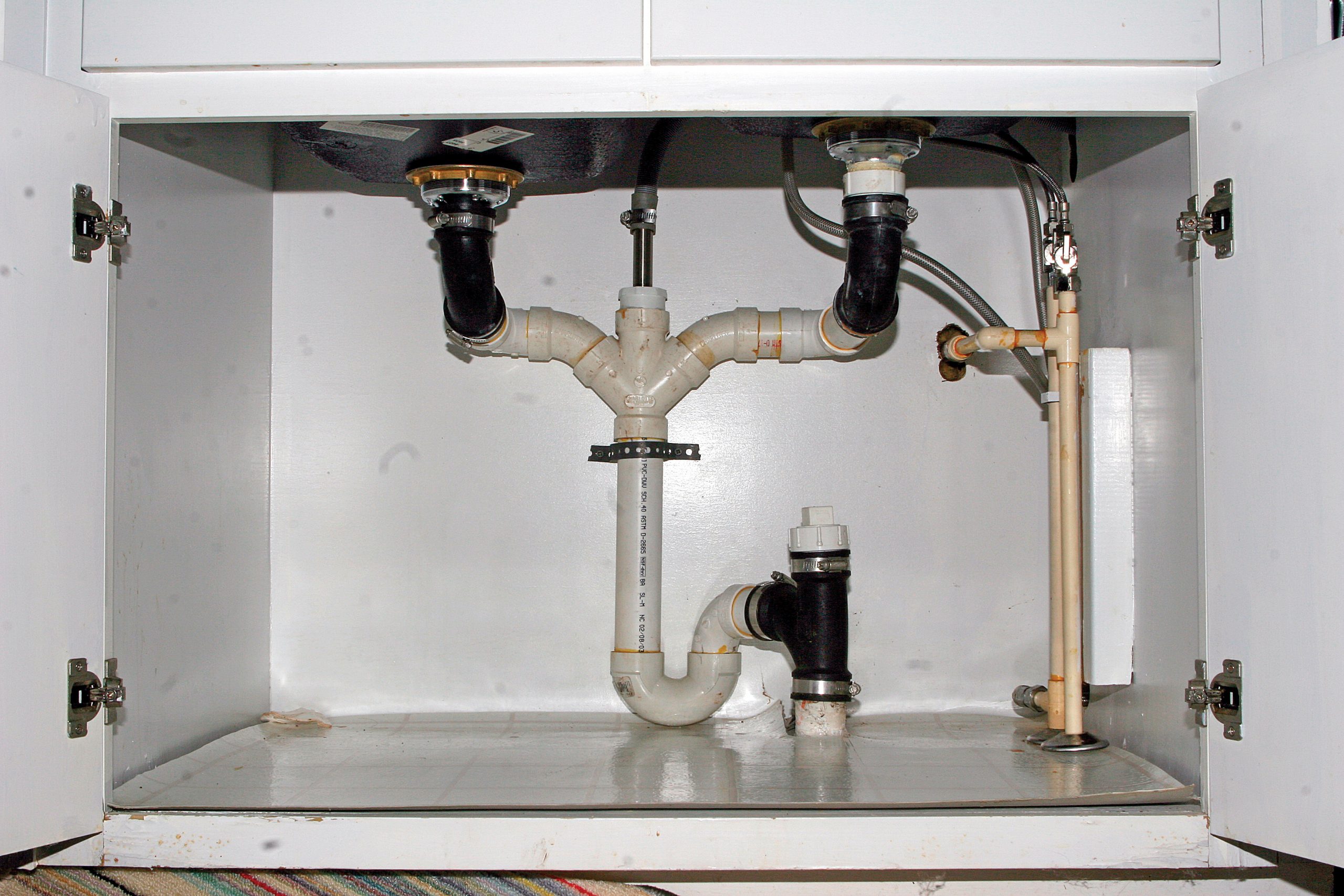




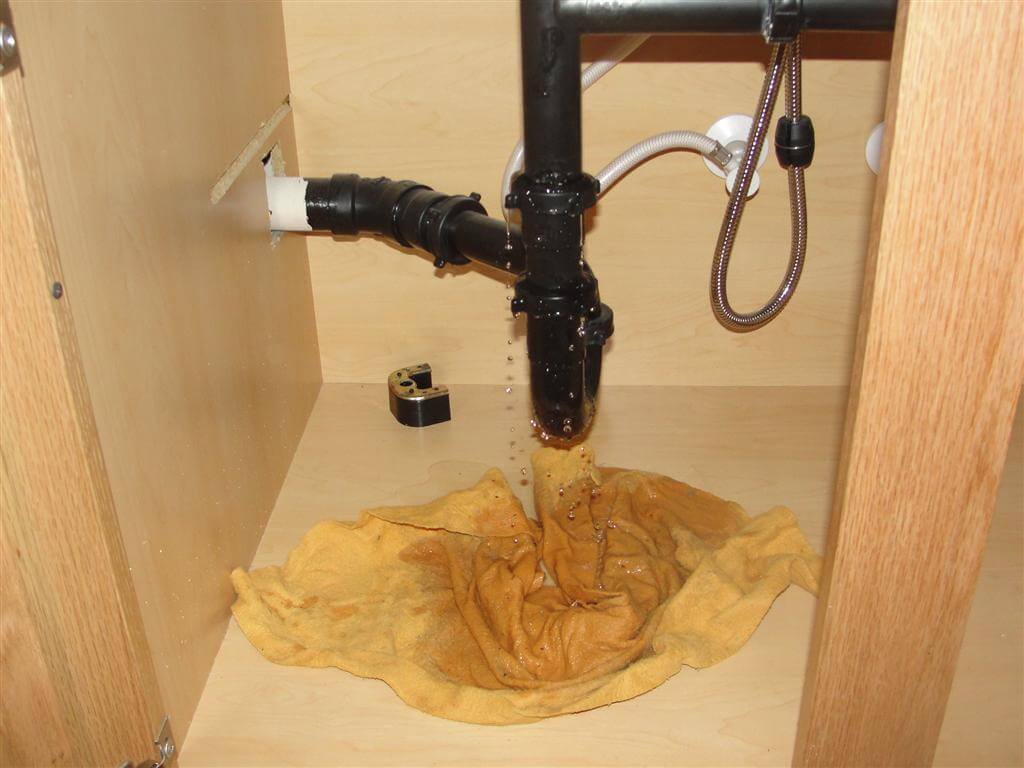




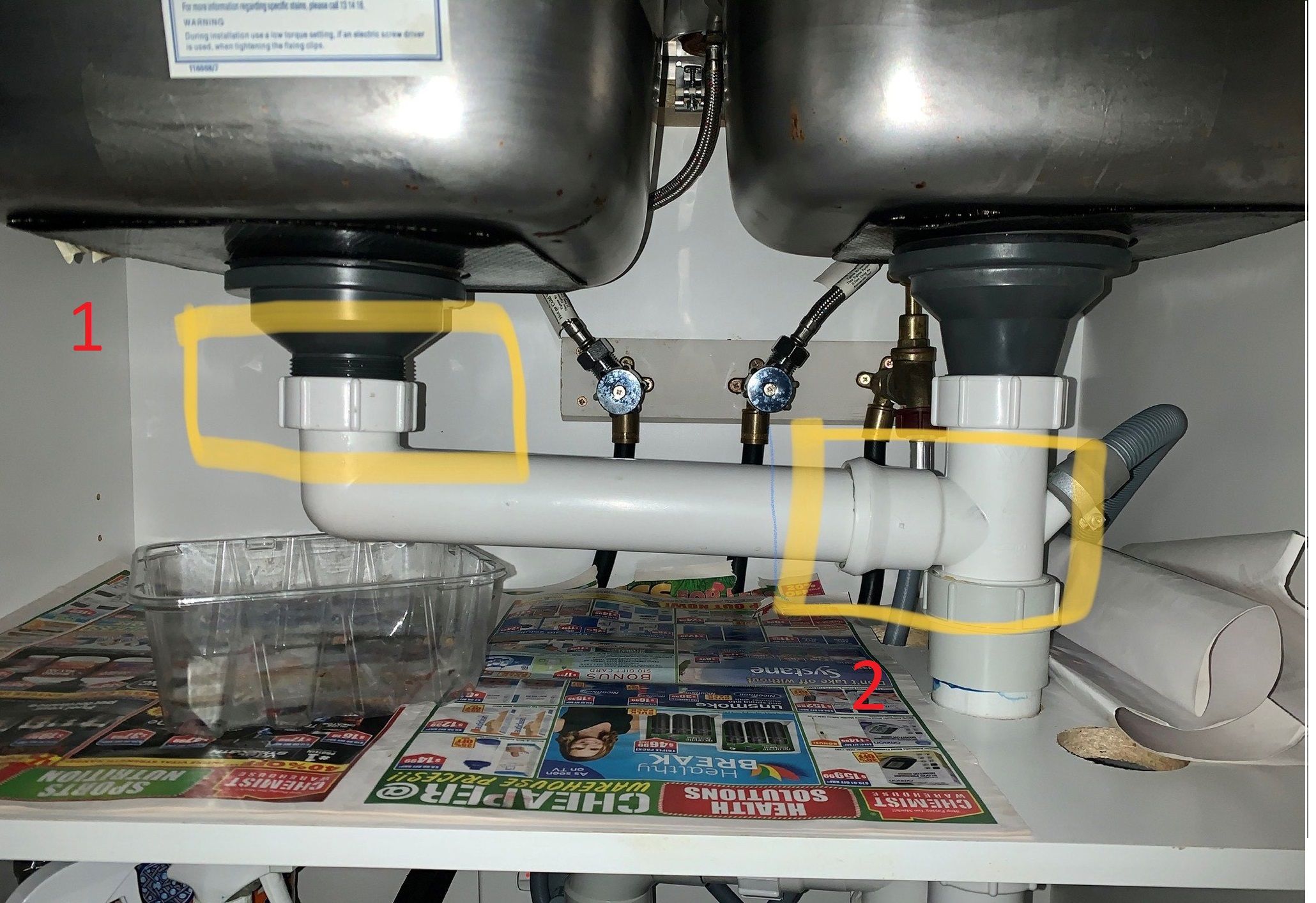




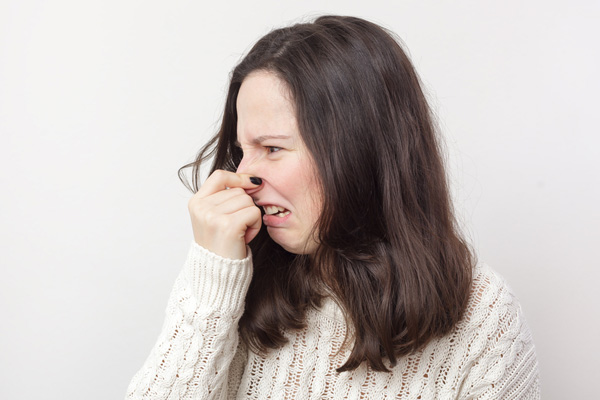

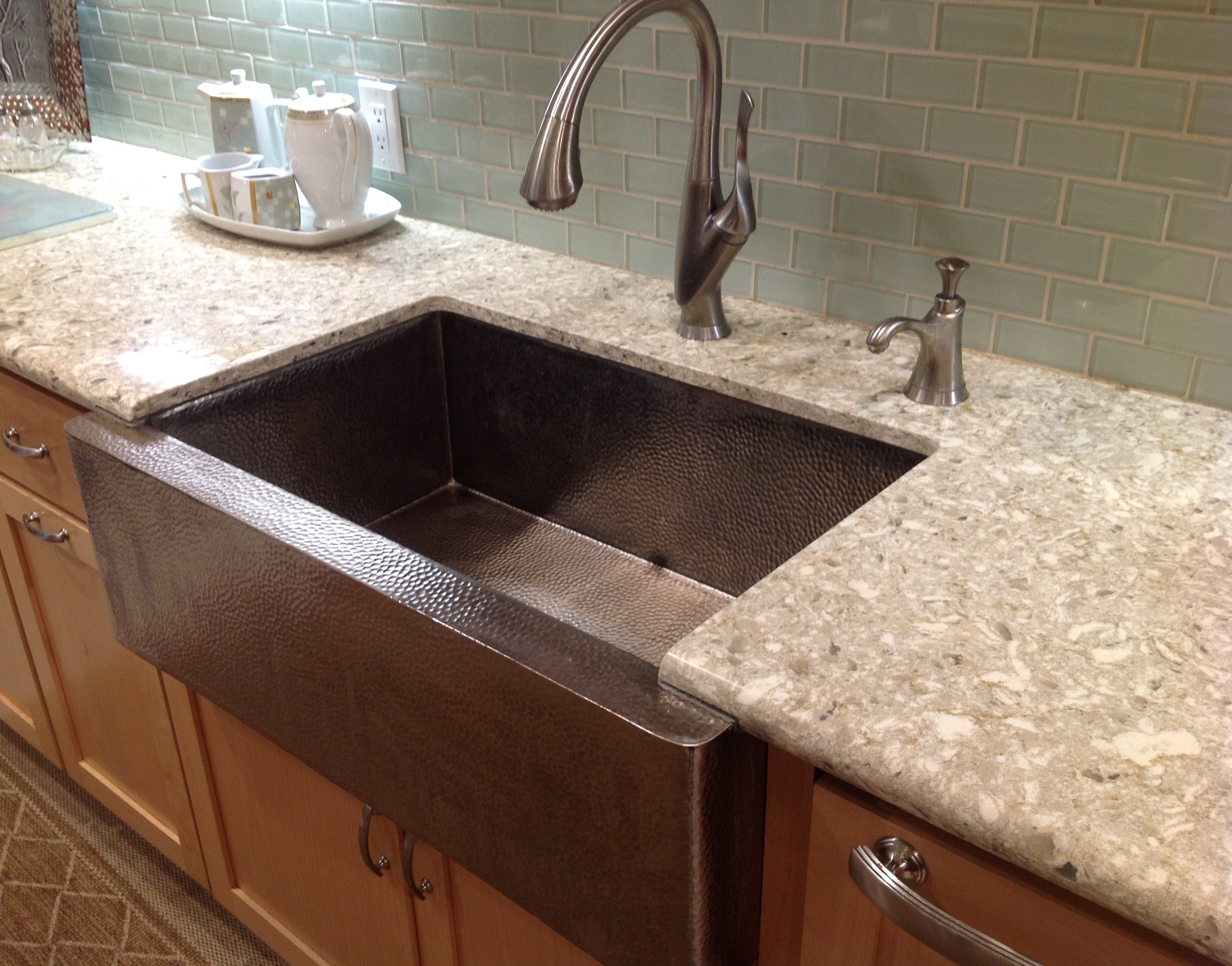
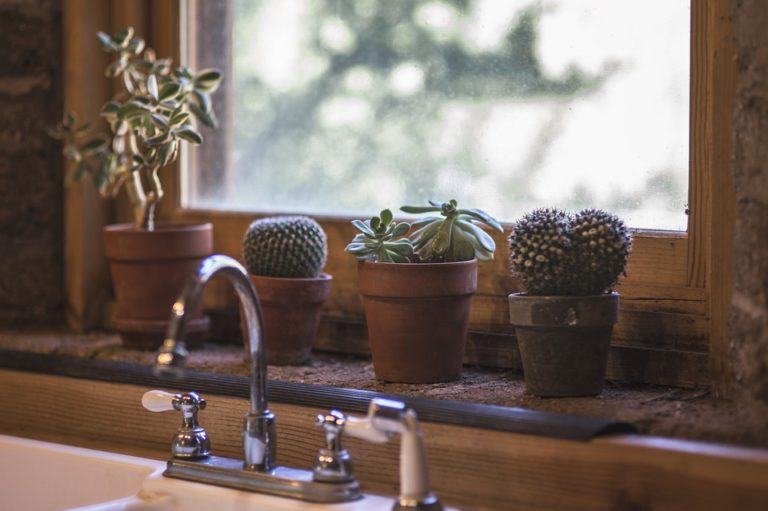
:max_bytes(150000):strip_icc()/how-to-clean-a-kitchen-sink-and-drain-02-5660035-7a630bc36f2c401bbe412bbe85937ff3.jpg)
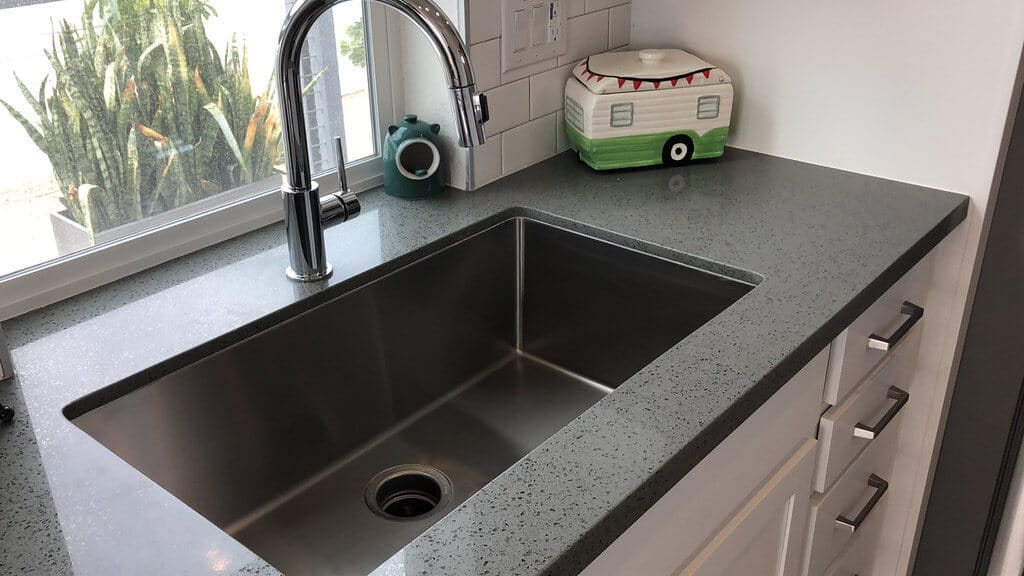

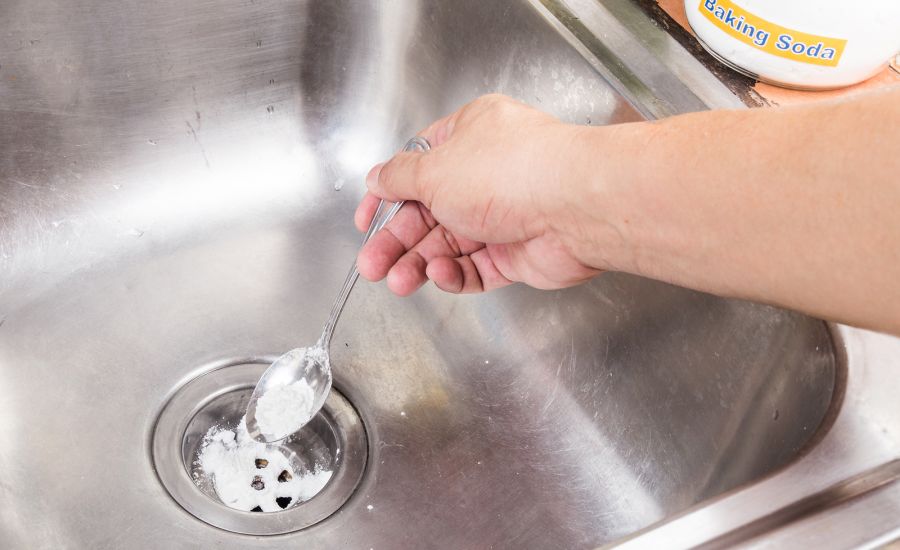
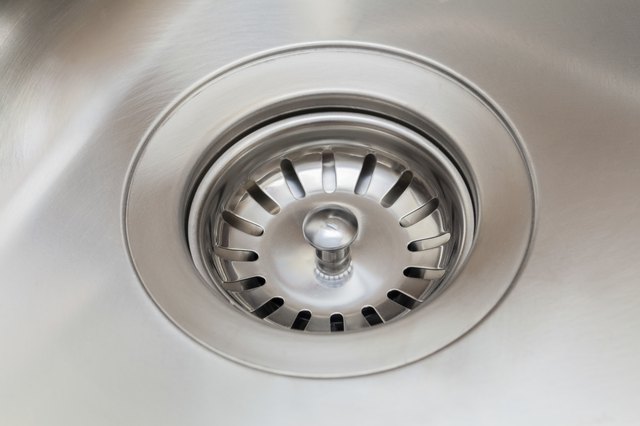



/how-to-install-a-sink-drain-2718789-hero-b5b99f72b5a24bb2ae8364e60539cece.jpg)


